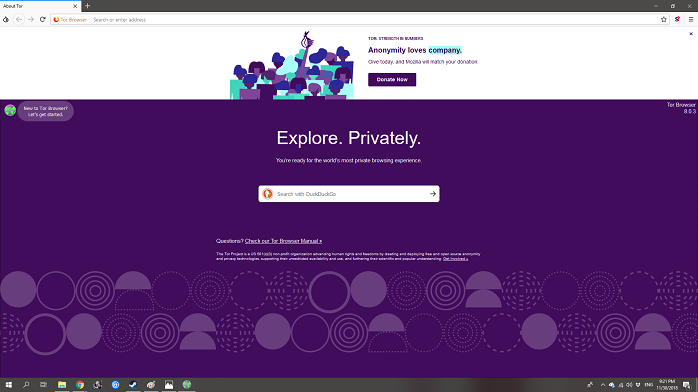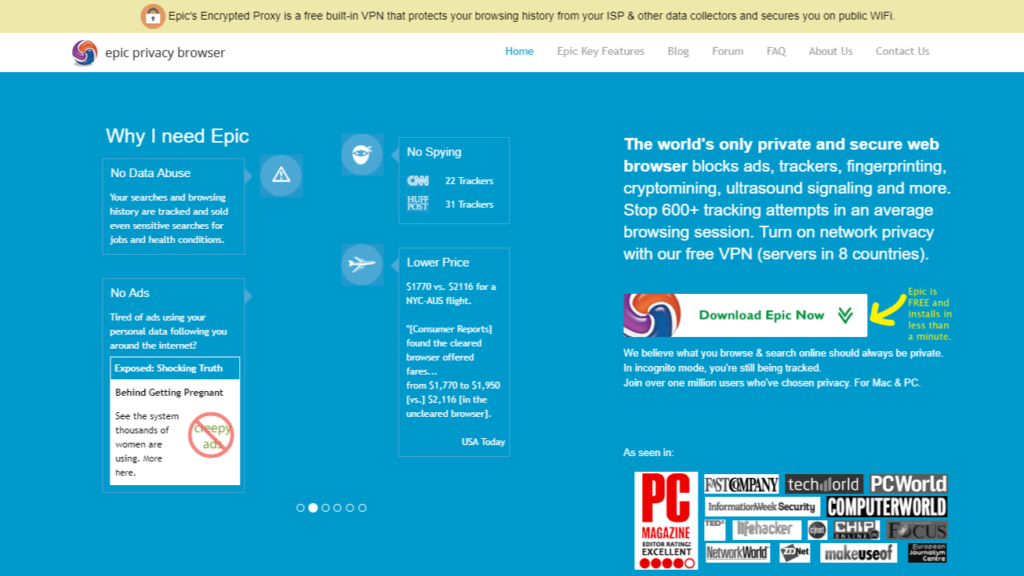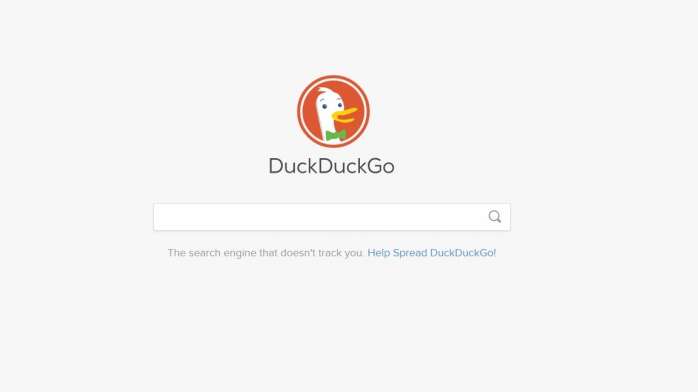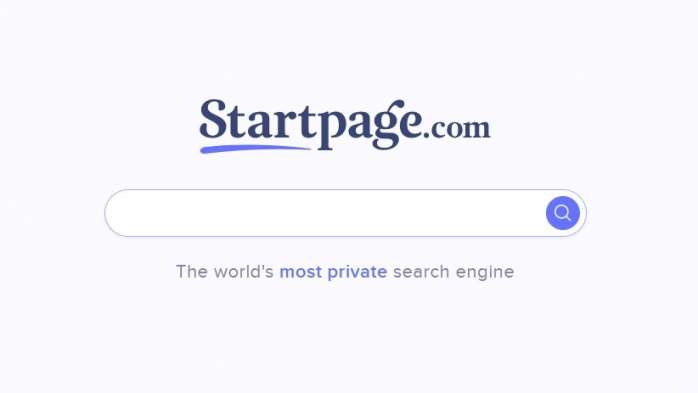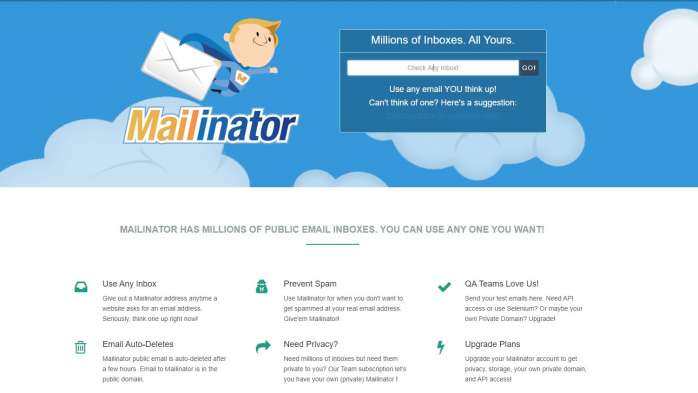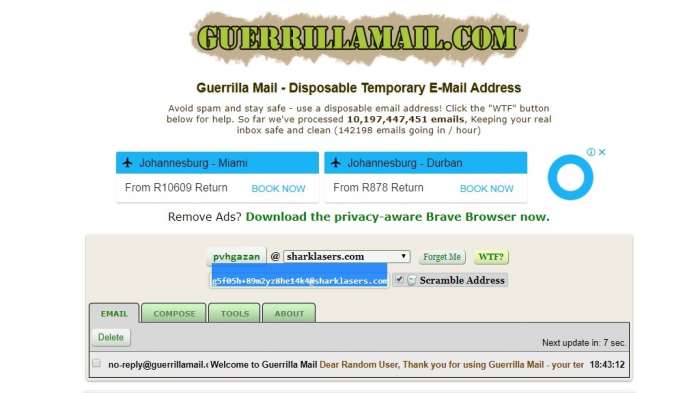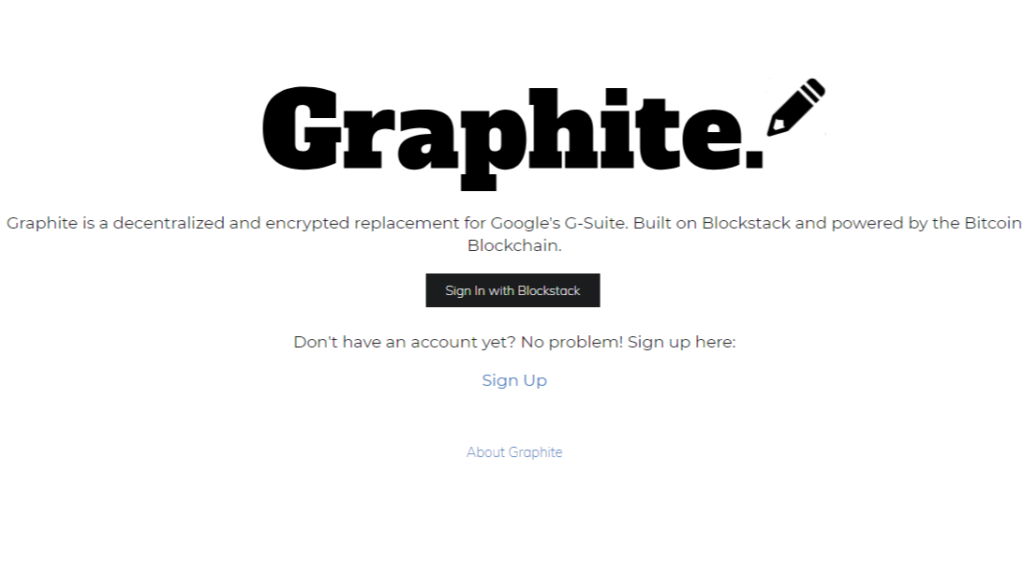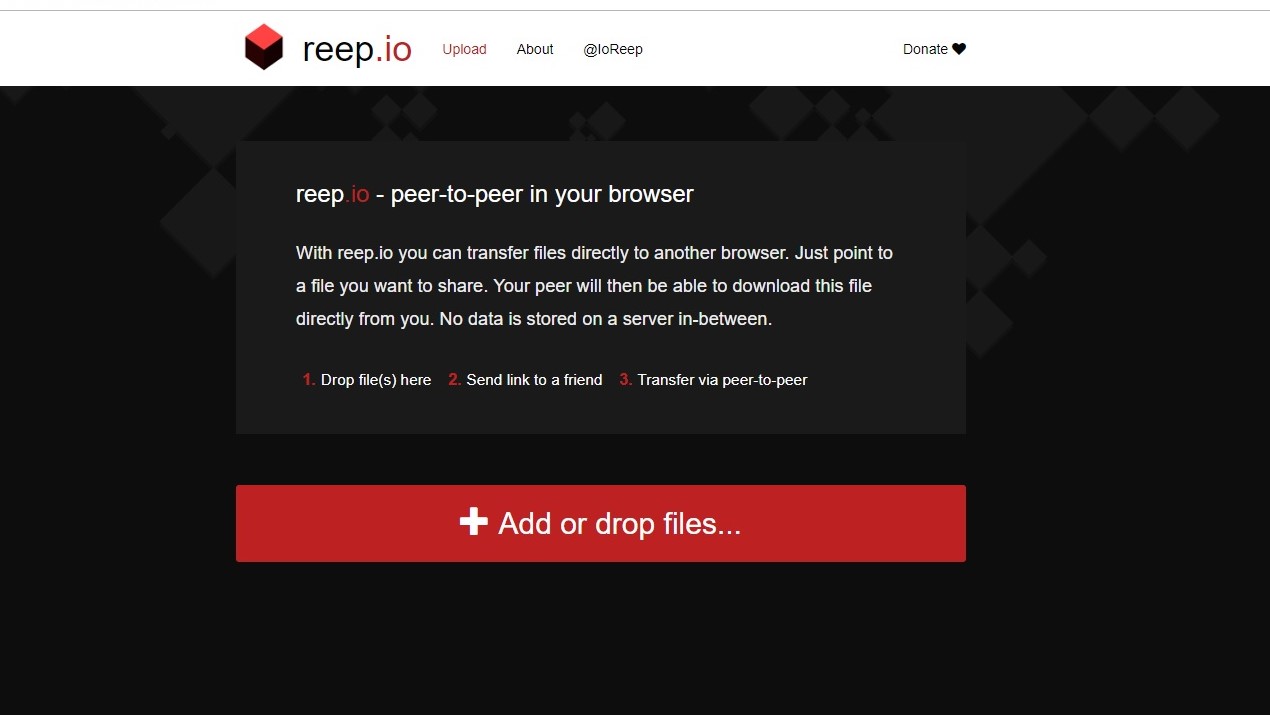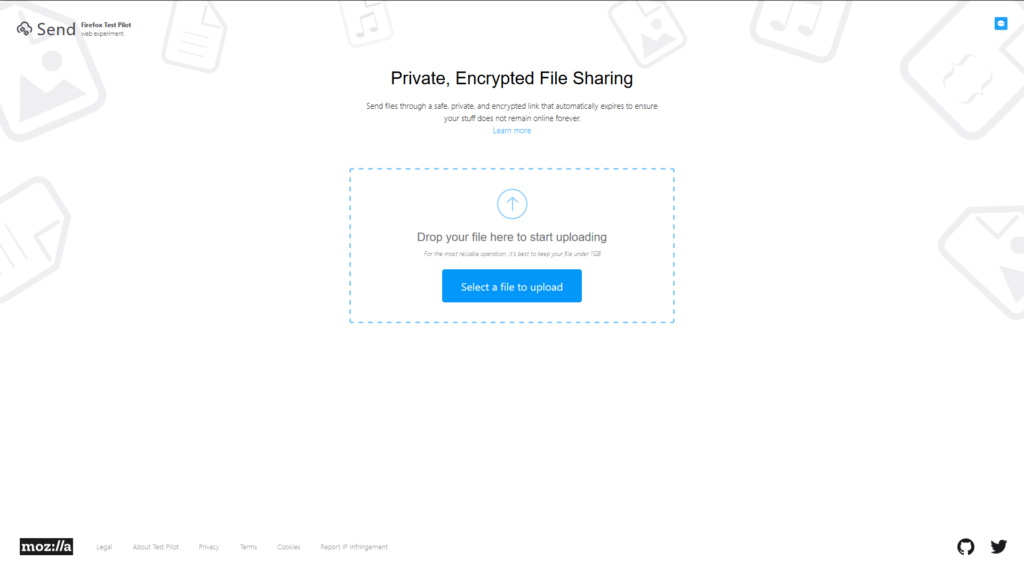
The Best Anonymous Web Services to Hide Your Online Activity
At one time the defining feature of the internet was how easily you could stay anonymous. These days it seems the default is to prevent web users from keeping their real identities out of the public domain.
Listening to the companies that make these types of services, you can be lead to believe they wouldn't work anonymously. The truth is that there are many anonymous equivalents to mainstream web services. These are some of the best examples.
Anonymous Browsing
Our browsers leak a lot of information about us right out of the box. Which means that if you are using a mainstream browser there's a good chance it's giving away all sorts of info about you that should remain secret. Privacy-focused browsers plug those leaks and provide a much safer browsing environment. These are two of the best options.
The Tor Browser
We've spoken about the Tor browser quite a lot on TechNadu. It's one of the most powerful privacy tools in any user's arsenal. A specially modified version of Firefox acts as the basis for the Tor browser. You use it to connect to the Tor network. This is a network of volunteer computers that randomly pass along your data packets. Each packer is sealed in multiple layers of encryption that are removed one by one at every hop.
The end result is that the web server that you are communicating with has no idea who you are or where in the world you are. While the Tor browser isn't very useful for high-bandwidth applications, if you want to protect your identity but still access the web, there is no better way to do it.
Epic Browser
The Epic browser is a secure, Chromium-based browsing solution that really doubles down on privacy features. Unlike Tor, which relies on an entire anonymous network, Epic lets you browse the web directly. However, it uses strong countermeasures to block trackers and virtually all forms of info grabbing by third parties. It blocks as much tracking as possible without actually breaking the functionality of web pages. Even better, unlike Tor, Epic can even speed up browsing by removing tracking overhead!
Anonymous Web Search
Google is without a doubt the search king. Their original algorithm (now much improved) pushed them to the top for fast, accurate searches. For most people, Google is literally the gate to the internet. If your website is not ranked or listed by Google it effectively doesn't exist.
The problem is that Google makes its money by selling information about you to advertisers so that their marketing efforts are targeted more precisely. Which means they get much better returns for their ad spend. Many people would say this is a win-win situation. After all, you get great search results and only see adverts for things you care about. However, your personal profile and search history are in the hands of Google. How much do you trust them? What is that information ends up in the wrong hands?
DuckDuckGo
Luckily we have DuckDuckGo. A privacy-focused search engine that also provides great search results, but doesn't store ANY of your personal info. At the same time, it still manages to sustain itself with advertising based solely on the search terms you enter right then. If you really care about privacy you can set DuckDuckGo as your default search engine today.
Startpage.com
Startpage bills itself as the most private search engine, which is of course debatable. What we can say is that this is actually a privacy-focused front end for Google. Which means that you get the advantages of the Google search algorithm, but don't get the tracking and privacy issues that usually come with it.
Anonymous Email
I wrote a whole article on the subject of anonymous email not too long ago. So many web services rely on the submission of emails, but you don't always want to use a permanent email address. Especially if you don't want that activity linked to your identity or want to avoid a mountain of spam coming your way. Perhaps you want to send a message anonymously? Whatever your reason these services are fast and simple to use. All you have to do is make up an email address or use the provided one. Use it to confirm the address or send a message and when you are done, poof, the address is gone.
Mailinator
Mailinator runs millions of public mailboxes. Just make one up and it will be generated by the system. You can give this email address to any website that requires one, without giving out your real details.
Be warned that if someone thinks up the same mail address as you, they'll see your emails as well. The good news is that every few hours all mail is deleted. You can also pay for completely private Mailinator boxes if you need them.
Guerillamail
Guerillamail offers essentially the same type of service as Mailinator, but with a few more options to tweak exactly what you want. It's not as attractive or user-friendly but is just as effective. Between this and Mailinator you are totally covered for anonymous email.
Twitter for Anonymous Social Media
What's this? Twitter? How much more mainstream can you get? Well, I have not in fact gone insane. There is some method to my reasoning here. Twitter may be a massive, popular and mainstream social media platform. However, it's basically the only big social media platform that still lets you be anonymous easily.
If you use a unique email and anonymous handle, profile picture, and name then it’s unlikely you’ll be outed. It provides a (now rare) way to anonymously engage on a public social forum. Doxxing still happens of course, but it’s actually pretty rare. Which means we can give Twitter the award for anonymous social media service.
Graphite Docs for Anonymous Online Productivity
Like many people who create written content for a living, I have become attached to cloud-based products such as Google Docs. It’s hard to imagine going back to the days of using the word and saving my work to a hard drive that then inevitably fails.
The problem is, for some at least, that Google has free reign over your documents. For all you know they are indexing your ideas, building a profile and profiting from that very work. Ask yourself if you really feel comfortable putting your intellectual property into this sort of container.
Now, the truth is that this is likely a non-issue. Google probably isn’t rifling through your documents. However, there are some among us who works are so sensitive that this is not a reasonable risk. For them, we now have the blockchain-based Graphite Docs. The technology behind it is amazing, but the simple explanation is that Graphite uses a P2P network and blockchain.
It uses these technologies to provide online productivity apps that give you almost all the advantages of Google Docs. The system is, however, “zero knowledge”. Which means that no one but you can view your data. Graphite is, quite frankly, a revolutionary new model for web applications and you can try it right now for free.
Anonymous File Sharing
How can you get a file to someone without anyone else getting a whiff of it in between? You could mail them a drive, but that could be intercepted. You could use DropBox, but the company itself gets a copy.
Sure you can encrypt everything, but just because that encryption can’t be broken today doesn’t mean it might not be someday. In the meantime, that web server has a copy on file.
It may sound a little paranoid, but there are good reasons not to want a middleman for online file transfers. Even if no one can read the contents of the file, they know a transfer happened. They know when it happened and they know between whom in many cases.
Reep.io
Reep.io gets around this problem by letting two browsers directly send files to one another without any sort of server in between. Think of it as a peer-to-peer network with only two computers. There is no limit on how much data you can transfer, which puts it above other similar services.
Firefox Send
Firefox Send is an experimental web service from Mozilla that allows any two Firefox users to send files to each other. The max recommended file size is 1GB and the link is completely encrypted. After a set amount of time, the data is deleted, so it can never be hacked. It's a great little idea from one of the best internet developers in the world. Simple, functional and safe. It's shaping up to be one of the best anonymous file sharing solutions on the web.
Who Are You?
As you can see, anonymity is not quite dead in the modern internet age. There are still many options to keep your identity private. In fact, as the need for privacy increases, more and more products will be developed to fill that need. Of course, we’ll be right here to tell you all about them.
Are you using these services to stay anonymous online? Let us know in the comments section below, and please share the article online. Follow TechNadu on social media – Facebook and Twitter.

